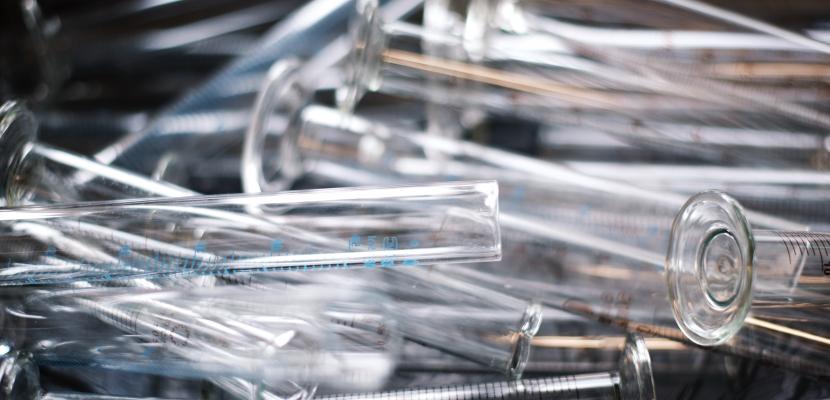Image

Dairy producing factory utilizing the total volume of by-product of cheese production
Published on 21 October 2021

Hungary
This is the good practice's implementation level. It can be national, regional or local.
About this good practice
The company bought a dairy factory at the headquarters of Hajdú-Bihar county four years ago, built an automated cheese factory on the basis of the existing factory, and set up a pulverizing plant processing sweet whey as a by-product of cheese production.
The cheese factory with an annual capacity of 8,000 tons is able to replace one-seventh of all Hungarian cheese imports. The pulveriser makes about 6,500 tons of powdered whey products a year.
Whey protein remaining in whey is an easily digestible source of protein for the human body. From ice cream production, baby food and functional foods for athletes to formulating a clinical diet for cancer patients, this versatile ingredient can be utilized in countless areas.
The plant mainly processes fresh milk from dairy farmers around Debrecen.
The sweet whey produced during cheese making is processed in a 10-storey, 4,500-square-meter pulveriser. Inside the building, a storage capacity of 1,200,000 litres has been built, so that an average of 20-22 tons of powder products per day will be produced by processing 18,000 litres of liquid per hour.
The main stakeholders are the dairy producers and the company, the beneficiaries are mainly the consumers and the environment.
The cheese factory with an annual capacity of 8,000 tons is able to replace one-seventh of all Hungarian cheese imports. The pulveriser makes about 6,500 tons of powdered whey products a year.
Whey protein remaining in whey is an easily digestible source of protein for the human body. From ice cream production, baby food and functional foods for athletes to formulating a clinical diet for cancer patients, this versatile ingredient can be utilized in countless areas.
The plant mainly processes fresh milk from dairy farmers around Debrecen.
The sweet whey produced during cheese making is processed in a 10-storey, 4,500-square-meter pulveriser. Inside the building, a storage capacity of 1,200,000 litres has been built, so that an average of 20-22 tons of powder products per day will be produced by processing 18,000 litres of liquid per hour.
The main stakeholders are the dairy producers and the company, the beneficiaries are mainly the consumers and the environment.
Resources needed
42,8 million EUR including a mixture of own company resources, government support and bank loans.
Evidence of success
During the operation of Alföld Tej's new plant in Debrecen, there is no waste generated as cheese making by-product is processed in its entirety.
With the help of the pulverizing plant, each component of raw milk can reach consumers in the most digestible form, and the powder products also have a shelf life of 24 months compared to milk. They prepare raw materials for the world's high-tech food industry. The investment created 181 new jobs as well.
With the help of the pulverizing plant, each component of raw milk can reach consumers in the most digestible form, and the powder products also have a shelf life of 24 months compared to milk. They prepare raw materials for the world's high-tech food industry. The investment created 181 new jobs as well.
Potential for learning or transfer
Considering the results achieved, the practice can be used by dairy producing companies who are engaged to circular economy solutions and increase their performance at the same time.
Further information
Website
Good practice owner
You can contact the good practice owner below for more detailed information.
Organisation
Alföldi Tej Ltd.

Hungary
Észak-Alföld
Contact
senior regional development expert